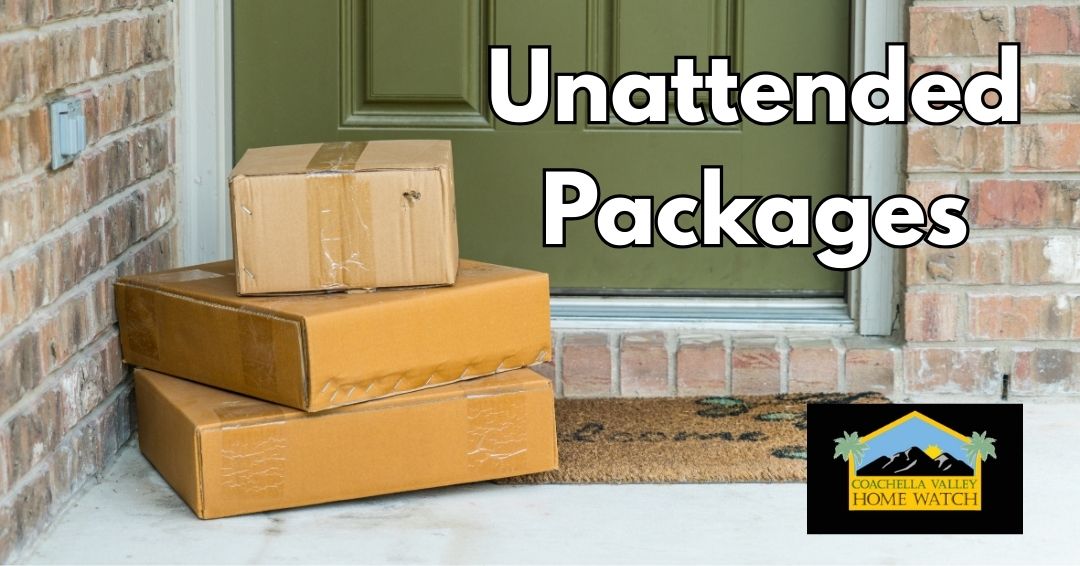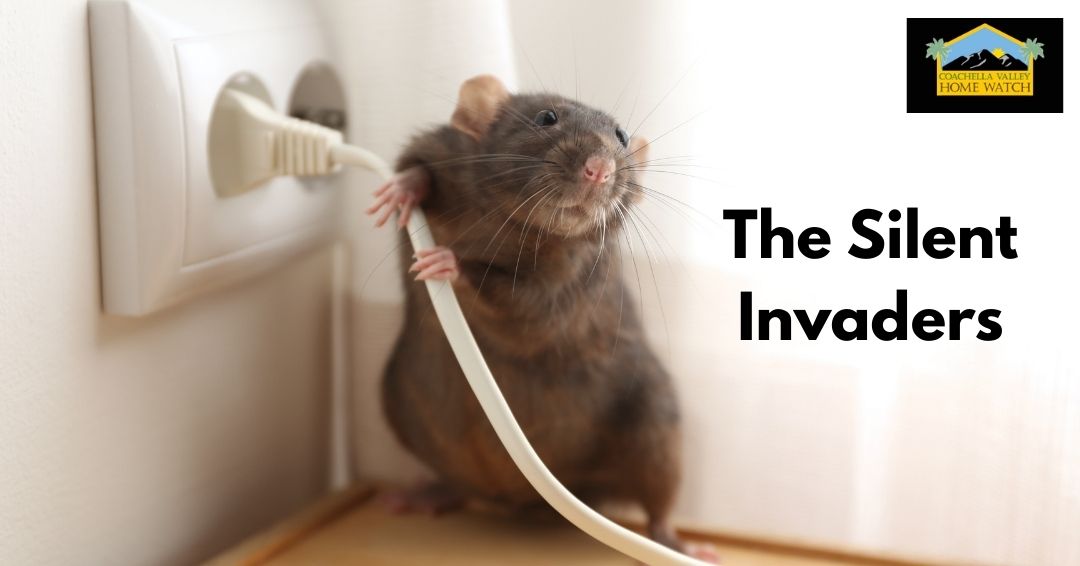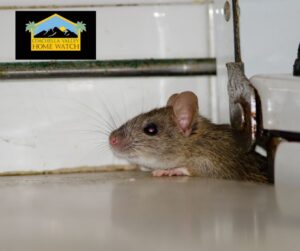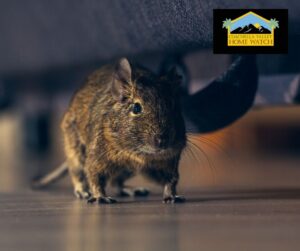In a world where online shopping is second nature, having packages delivered to your door is as normal as checking your email. But if your Coachella Valley home sits empty for weeks—or months—at a time, those unattended packages can become a serious liability.
At Coachella Valley Home Watch, we’ve seen firsthand how something as small as a forgotten box can lead to big problems—from theft and vandalism to HOA violations and security red flags.
If you’re a seasonal resident or snowbird, here’s why you should never let a delivery sit—and how a professional home watch service can help.
📦 The Problem With Uncollected Deliveries
1. They Attract Thieves
Packages left outside your door are a clear signal: no one’s home. In communities like Palm Desert, La Quinta, or Rancho Mirage, porch piracy isn’t just an urban problem. Opportunistic thieves often drive through neighborhoods looking for visible deliveries—especially in upscale, part-time communities.

A single unattended package can lead to:
- Stolen items
- Broken locks or doors if a thief attempts to check for entry
- Repeat targeting once your home is flagged as vacant
2. They Violate HOA Rules
Many gated communities in the Coachella Valley have strict appearance standards. Visible packages, newspapers, and flyers left unattended can result in:
- Fines from the HOA
- Violation notices
- Potential complaints from neighbors
Even small infractions can snowball into reputation issues or added costs.
3. They Send the Wrong Signal
Uncollected packages are like a blinking sign that says: “No one’s watching this house.” And that can have ripple effects—like:
- Tempting vandals or squatters
- Deterring potential buyers or renters
- Lowering your property’s curb appeal and perceived value
🕵️♂️ How a Home Watch Service Solves the Problem
At Coachella Valley Home Watch, one of the many tasks we perform during every visit is scanning for unexpected or forgotten deliveries.
If we find a package, we’ll:
- Remove it from sight immediately
- Place it safely inside your home
- Notify you and, if necessary, coordinate secure handling or return
- Report the incident as part of your regular visit summary
We also collect newspapers, flyers, and solicitations that can pile up and signal vacancy.
✉️ What Counts as an “Unexpected Delivery”?
- Online orders you forgot about
- Automatic subscription shipments (vitamins, pet food, wine clubs)
- Holiday gifts sent by friends or family
- Promotional materials or bulk mailings
- Replacement credit cards, checks, or medical supplies
Any of these can create risk if left outside—especially in high-visibility communities.
🛡️ Protecting Your Reputation, Privacy, and Property

You take pride in your home—and you deserve to know it’s protected while you’re away. Whether you’re gone for a week or a full season, our team is trained to spot what others miss.
We don’t just glance at your porch. We investigate. If something is off—we act.
📍 Serving the Coachella Valley’s Finest Homes
From Palm Springs to Indian Wells, we offer fully customizable home watch plans tailored to your property and preferences. Whether you live in a golf resort community, a gated HOA, or a custom-built desert retreat, we know what to watch for—and how to respond quickly.
🏠 Don’t Let a Package Invite Trouble
Forgetting about a single delivery might seem harmless, but the consequences can be real. Theft, fines, and unwanted attention can all stem from one overlooked box.
Let Coachella Valley Home Watch keep your home secure, your packages protected, and your peace of mind intact.
Contact Louis Moreto today to schedule a consultation.
FAQ
What happens if a package arrives when I’m not expecting anything?
We’ll document the delivery, remove it from view, and notify you. If you prefer, we can store it inside the home or coordinate with a shipping provider to have it returned.
What if I get a delivery that’s perishable or time-sensitive?
We’ll notify you immediately and take appropriate action. If needed, we can refrigerate the item, contact a neighbor you trust, or follow other instructions you provide.
Can you stop deliveries before they happen?
While we can’t intercept shipments, we can notify you of pending deliveries if we spot tags or shipping labels left behind. You can also give vendors our contact info for special handling.
Does your service help with HOA violations related to visible clutter?
Yes. Removing flyers, packages, and other visible signs of absence helps maintain compliance with most HOA standards. If we notice anything else that could trigger a warning or fine, we’ll include it in your report.








